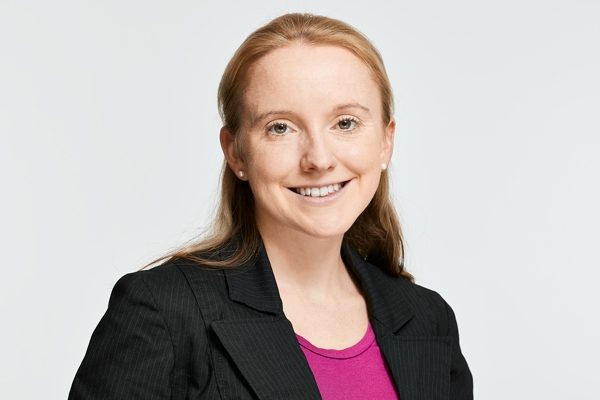Personal Profile –
Natasha Perks
Who are you and what do you do?
I’m Natasha, I’m a Patent Attorney working with the Physics, Engineering and ICT team at Abel and Imray in Bath.

What is a normal day for you like?
Luckily, I can work fairly flexible hours if we don’t have client meetings, so I tend to start work between 9.30 and 10am and finish around 6.30pm, that way I can fit my hobbies in around the working day, which I think is great!
You can’t escape that being a patent attorney is predominantly a desk job, but every day is still very different, and some days I will be out visiting clients or attending Hearings (which in pre-covid times would have been usually held in Newport or Munich).
The desk days involve plenty of variety. Some days I’ll be reading up on a client’s new invention, or talking to an inventor, so that I can draft the patent application. On other days I will be writing arguments to send to a patent office, trying to convince examiners that a client should be granted a patent. Sometimes I might be grappling with the logistics of how we prosecute patents in different territories around the world. No two days are the same, and whilst there is a lot of reading and writing, we work in teams and there are always people for me to bounce ideas off.
What is your favourite thing about the subject you study/your job?
The people who I work with and the technology that I get to see!
Patent Law attracts people who are interested in how things work, and who are interested in formulating arguments, and that means I have a great bunch of colleagues to have interesting conversations with. We work for a really wide range of clients, from big multinational companies to individual inventors, so I get to work on both well-known commercial products from big companies, and some really new and original ideas from individuals – it’s exciting getting to know about new technology before it makes it to market.
When did you know you wanted to pursue a career in the space sector?
I was torn between studying law or science when I was at school, but I found science easier as there was less memorising, reading and writing involved. Patent law is a brilliant compromise between the two – I still get to read and learn about scientific inventions, but I also write legal arguments about why patents should be granted for inventions. There are loads of advantages to studying STEM subjects and pursuing a STEM career – there is lots of funding available in certain areas, and there will always be a demand for scientists and engineers!
What did you study at school?
For A-levels, I studied Physics, Chemistry, and Maths, and I did two additional AS levels in Further Maths and Economics. Up until GCSE years I was really terrible at Physics, but I was fortunate to have a very enthusiastic and patient teacher – he really encouraged me and it worked – it was my best subject by the time I left. Economics was the odd-one-out, I chose it purely out of enjoyment and to give myself a bit of a change from all the science, and I don’t regret that at all!
What has your journey so far been like?
It has taken me a lot of years to qualify as a UK and European Patent attorney with lots of studying and some tough exams along the way, but it has definitely been worth it. It is really rewarding finally seeing the back of all of the textbooks and being able to call myself a qualified attorney.
It is completely normal to hit some hurdles during the qualification process. I had to resit a few exams, but nobody judges you for that, and you get plenty of support whilst you are training. Not passing all of my exams the first time around means that I feel more proud to have got there eventually!
Now that I am qualified, I am able to speak at patent Hearings, and I can file documents/arguments and patent applications myself at the European and UK Patent Office – it’s a lot of responsibility, but that is what makes it exciting!
What advice would you give to your younger-self?
Don’t feel in too much of a rush to decide what you want to do for a career. You never know how your life might change and you may develop new and unexpected interests. These days it is easy to move between different careers or go back to study something new later in life. Keep pursuing things that you are genuinely interested in – whatever job you do is going to take up a big chunk of your time, and so it really should be something that you enjoy!
Click here to learn more about Natasha’s work.
